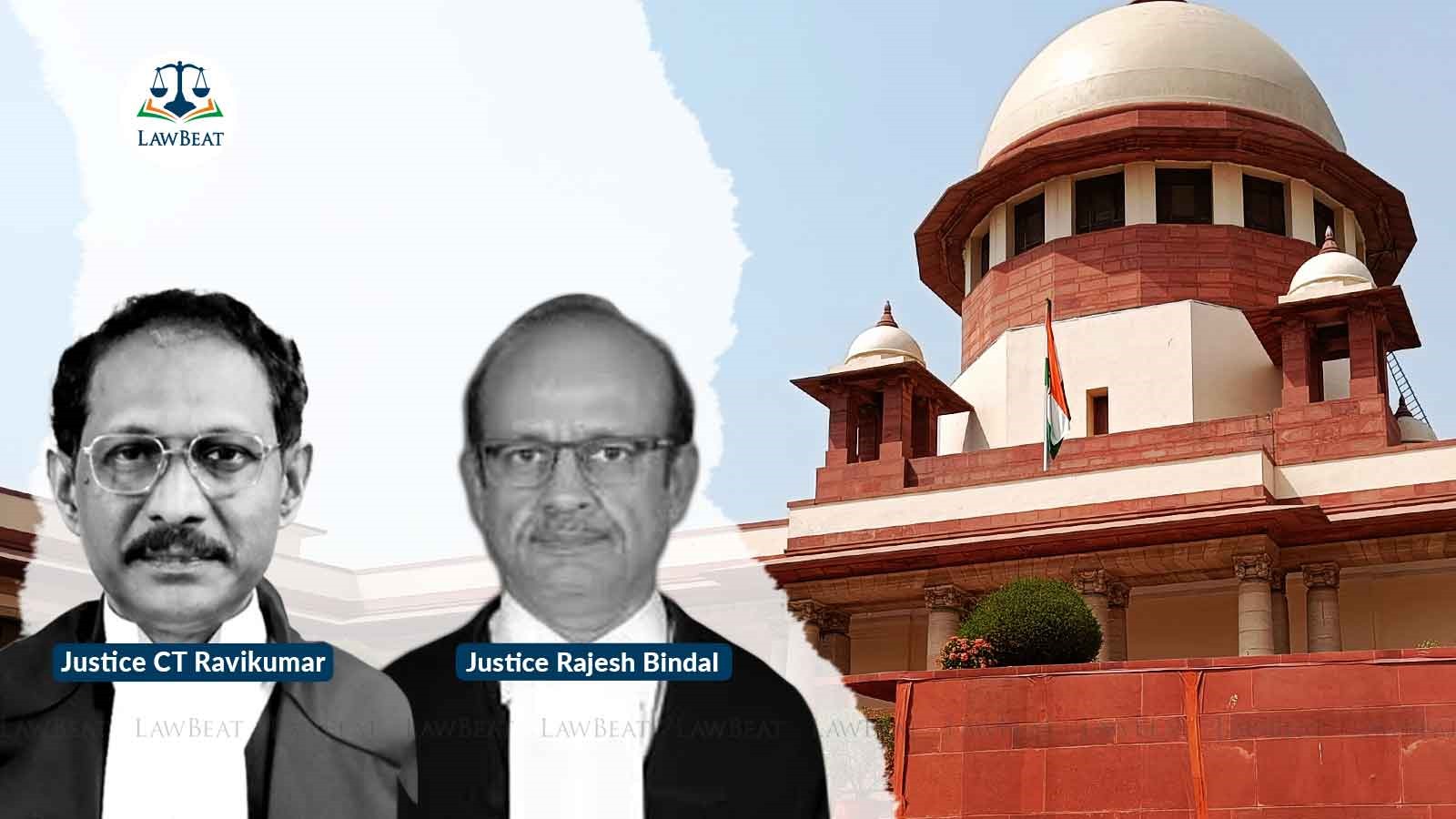SC approves right of pre-emption of sale to tenants in occupation since 1949

In the instant case, the respondents filed the suit exercising their right of pre-emption of the sale claiming that in terms of the provisions of the 1913 Act, they had preferential right to purchase the property. They offered to pay the same sale consideration.
The Supreme Court has approved the right of pre-emption of sale to a tenant, occupying a property situated in Haryana's Jagadhri since 1949, declining a plea of vendee, who purchased it in 1983.
A bench of Justices C T Ravikumar and Rajesh Bindal held that exemption for pre-emption existed for land only as per state government's notification of 1985 while the property in dispute included immovable property where a rolling mill was set up.
The court dismissed a civil appeal filed by one Jagmohan and another against the Punjab and Haryana High Court's order which had upheld the 1989 decree and judgment by the trial court for possession by pre-emption of the plot measuring 719 square yards.
The appellants contended that in view of the notification of October 08, 1985, issued by the State in exercise of powers under section 8(2) of the Punjab Pre-emption 1913 Act, the suit filed by the tenants deserved to be dismissed as the right of pre-emption did not exist for the sale of land falling in the areas of any municipality in Haryana.
They also said that the sale deed was registered in favour of the appellants on January 25, 1983, and the suit having been filed on January 25, 1984 was time-barred as the limitation thereof is one year, which expired on January 24, 1984.
The respondent tenant contended that as the sale in the case in hand was pertaining to not the land situated within the municipal limits but to a constructed area that was being used as a rolling mill, the exemption as granted by the 1985 notification would not be applicable in the case of the appellants.
Under Section 2(3) of the Punjab Alienation of Land Act, 1900, they said that the expression ‘land’ is defined to mean the land which is not occupied by the site of any building in a town or village and is occupied or let out for agricultural purposes or for purposes subservient to agriculture.
The court noted that it was not a matter of dispute that the respondents were tenants in the property from the year 1949 onwards where the rolling mill had been set up.
The term ‘urban immovable property’ has been defined in Section 3(3) of the 1913 Act to mean immovable property within the limits of town, other than agricultural land. Section 3(1) defines any agricultural land to mean land as defined in the 1900 Act. The term ‘land’ as defined in Section 2(3) of the 1900 Act excludes any site of any building in a town or village, the court said.
"Meaning thereby that the immovable property would be more than the land only or the land on which the construction has already been made. The fact that the property in dispute is located in a municipal area of Jagadhri is not in dispute," it added.
Examining the moot issue of whether the exemption of pre-emption as granted by 1985 notification would be available to the property in dispute, the bench said if it was read with reference to the powers available with the state government to grant exemption from pre-emption, it was evident that the same had been granted with reference to land only and not the immovable property.
"From the provisions of the 1913 Act, if read Scheme of the Act, it is abundantly clear that the land and the immovable property are two different terms. The immovable property is more than the land on which certain construction has been made. Guidance can also be taken from the definition of immovable property, as provided in Section 3(26) of the 1897 General Clauses Act, which includes land, means something more than the land," the bench said.
The court said that in the case in hand, admittedly it was the sale of immovable property, which was more than the land as a rolling mill had already been set up on the land, which was in occupation of the respondents as tenants.
"As the 1985 notification limits its application for taking away the right of pre-emption only with reference to sale of land falling in the areas of any municipality, the same will not come to the rescue of the appellants," the bench said.
With regard to a plea of limitation for filing of the suit, the bench said that it was also misconceived if considered in the light of the facts and further that it was not raised by the appellants either before the lower appellate court or the high court.
In the instant case, the respondents filed the suit exercising their right of pre-emption of the sale claiming that in terms of the provisions of the 1913 Act, they had preferential right to purchase the property. They offered to pay the same sale consideration of Rs 43,000. The trial court decreed the suit subject to payment of Rs 50,238 to the vendee after deducting 1/5th of the pre-emption amount deposited in the court at the time of filing of the suit. The amount so directed by the trial court included stamp duty, registration fee and miscellaneous expenses incurred on registration of the sale-deed.
Case Title: Jagmohan And Another Vs Badri Nath And Others
